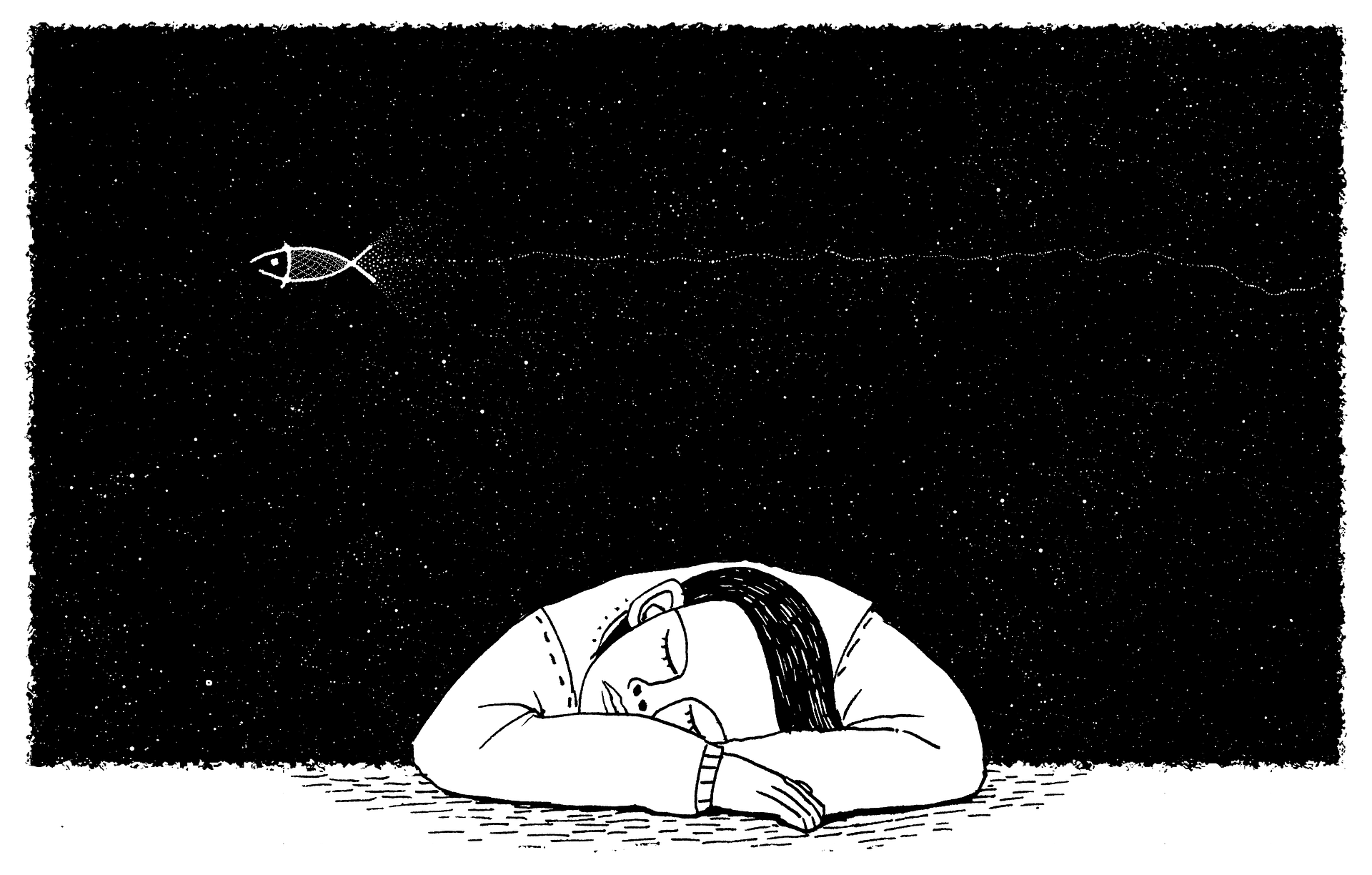You have adjusted the regime, you go to bed strictly at the same time, you don’t gorge yourself at night, you don’t take your phone to bed with you – and you still want to sleep all the time and imagine hugging your pillow in the evening. Why is this happening?
Perhaps it is no longer a matter of the lack of a regimen, and your constant sleepiness is caused by medical reasons. We have collected several diseases that are invisible at first glance but can lead to a feeling of fatigue and lack of sleep during the day.
Medical Reasons For Daytime Sleepiness
Your state of being sleepy might indicate the presence of some serious disease. The most common of these diseases include the following.
- Food Intolerances
Perhaps you have latent allergies or food intolerances that you are not aware of. According to Reformed Metabolics, most women experience severe drowsiness right after lunch. And this could very well be a reaction to inappropriate foods.
Surprisingly, reactions can even occur to foods that seem to be healthy, such as lettuce or turkey. Some people also have alcohol intolerance genetically, and if they consume alcohol, they would have a stuffy nose along with drowsiness. Imagine what will happen if such people start abusing meth, which is a strong stimulant drug. Consequences can be deadly!
Thus, you need to find out if a particular food or substance is affecting you. You can see your doctor for a blood test and choose the best food combinations to suit your physiology.
- Low Sugar
Skipping breakfast, being too busy at lunchtime; these all lead to a drop in blood glucose levels and therefore causes a decrease in energy. Many people suffer from day sleepiness just because of low sugar in the body. This often happens if you skip meals or replace them with foods high in sugar.
The body works best when blood sugar levels are stable throughout the day. This is what gives energy. To balance, eat small healthy snacks frequently to regularly replenish your sugar levels, even if you don’t have time for a full meal.
- Sleep Apnea
Have you ever heard a sudden and frighteningly long pause in someone’s breathing during their sleep? Then he exhales with force, and everything is restored. Hundreds of people suffer from this problem at night, which makes them more exhausted the next morning.
People who suffer from such a condition called sleep apnea constantly want to sleep during the day, and sometimes, even in dangerous situations, they remain drowsy, such as driving. All of this is due to breathing problems during sleep.
Frequent long pauses in breathing cause a sharp decrease in blood oxygen saturation. In this case, the organs that consume a large amount of oxygen are primarily affected, which include the brain and heart. Apnea problems are often dealt with by an otolaryngologist who can eliminate airway congestion.
- Restless Legs Syndrome
Another problem that manifests itself in sleep is a syndrome, which is a disorder of the nervous system and causes a strong urge to jerk your legs to relieve itching or other discomforts. If you have something like that, you almost certainly do not get enough sleep during the night, which leads to daytime fatigue.
This syndrome affects 10% of women, and often its manifestation is associated with the use of antihistamines or antidepressants, as well as during pregnancy. For treatment, there are several methods aimed at normalizing the balance of glucose and insulin. This includes increasing physical activity, as well as using some medical drugs in the treatment for mental disorders.
- Narcolepsy
A neurological disorder named narcolepsy can also be a major cause of daytime sleepiness. This is most often due to genetic inheritance, so a small history of your parents can help you understand the situation.
But it can also cause serious head injury, and episodes manifest as a strong emotional reaction to something. Narcoleptics not only constantly want to sleep but can also seriously lose control of their muscles. So if these symptoms appear, you should immediately consult a doctor.
- Dehydration
Most of us don’t drink enough water, but this habit can really rid you of any signs of fatigue. Our bodies are made up mostly of water – this figure is 55% for women and 60% for men, and if you are not replenishing, you should increase your intake of pure H20.
- Vitamin Deficiency
If your diet is not balanced, it can lead to vitamin deficiency, which results in fatigue. The most common problems are due to a lack of vitamin B12 and vitamin D.
To improve vitamin concentration, add more milk, eggs, poultry, and fish to your diet, and go outside more often during the day. You can check your blood vitamin levels with a simple blood test and then find the supplements you need.
- Anemia
Constant fatigue can also be a signal for you to be tested for hemoglobin levels in your blood. Low iron levels lead to a decrease in the number of red blood cells, which leads to depletion.
Anemia is often diet-related and occurs in those who do not eat a lot of iron-rich foods and who have chronic illnesses and frequent infections.
- Hormonal Imbalance
Constantly wanting to sleep can also be due to the imbalance between estrogen and progesterone. This can also cause severe premenstrual syndrome or even lead to early menopause. A blood test will reveal if there is a problem with your hormones, and an endocrinologist may suggest several ways to level the level.
Take Away
Apart from a poor lifestyle, some medical problems may also cause daytime sleepiness. Some of them are listed above. If you are also suffering from a similar problem, visit your doctor immediately and get checked. Stay Healthy!












